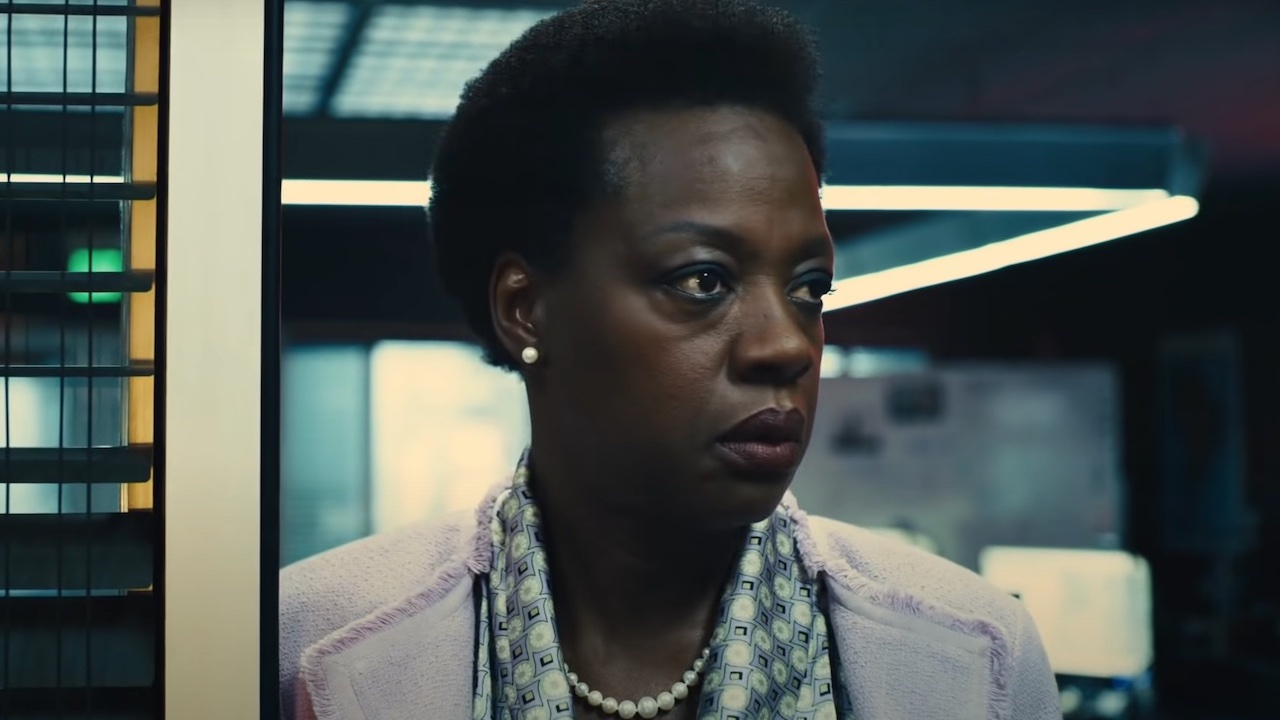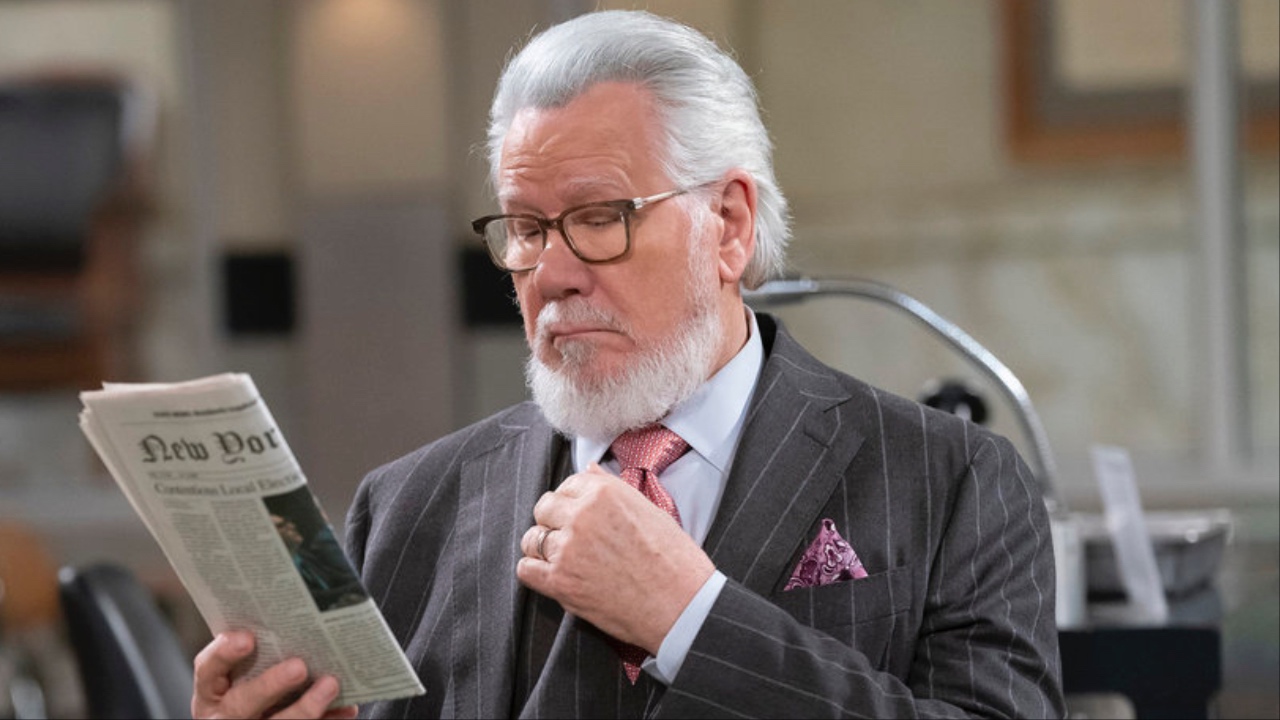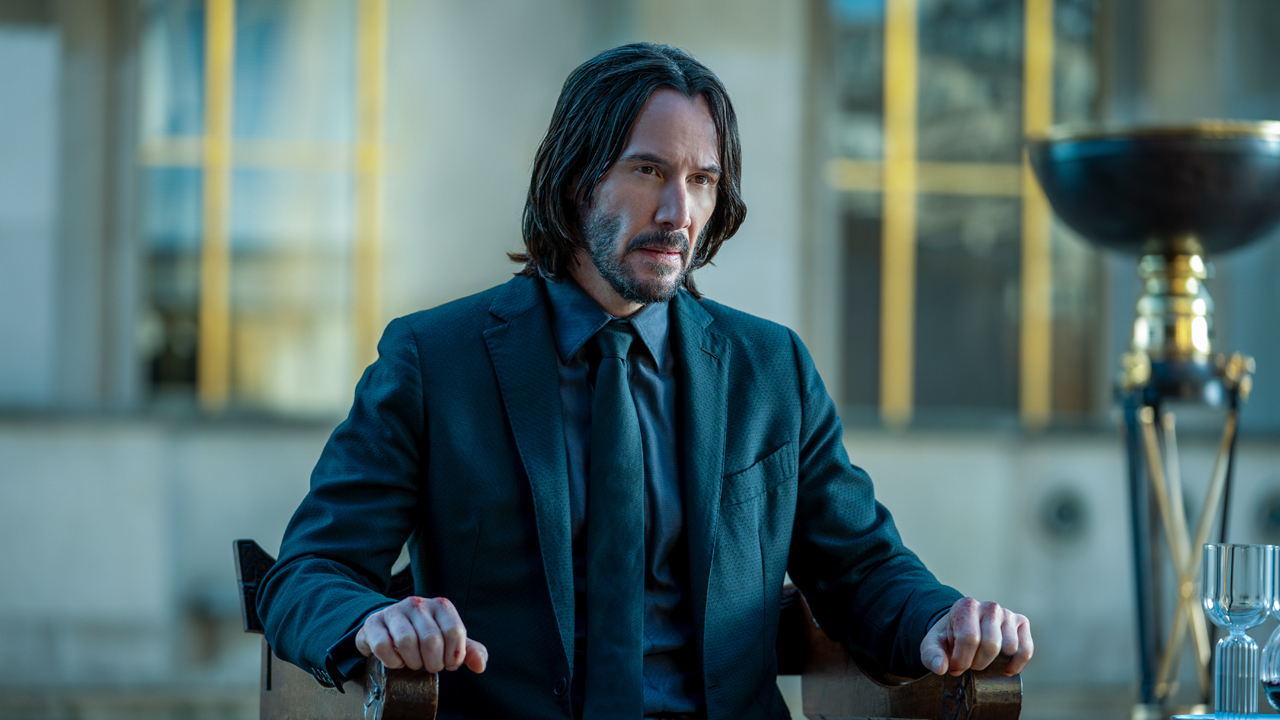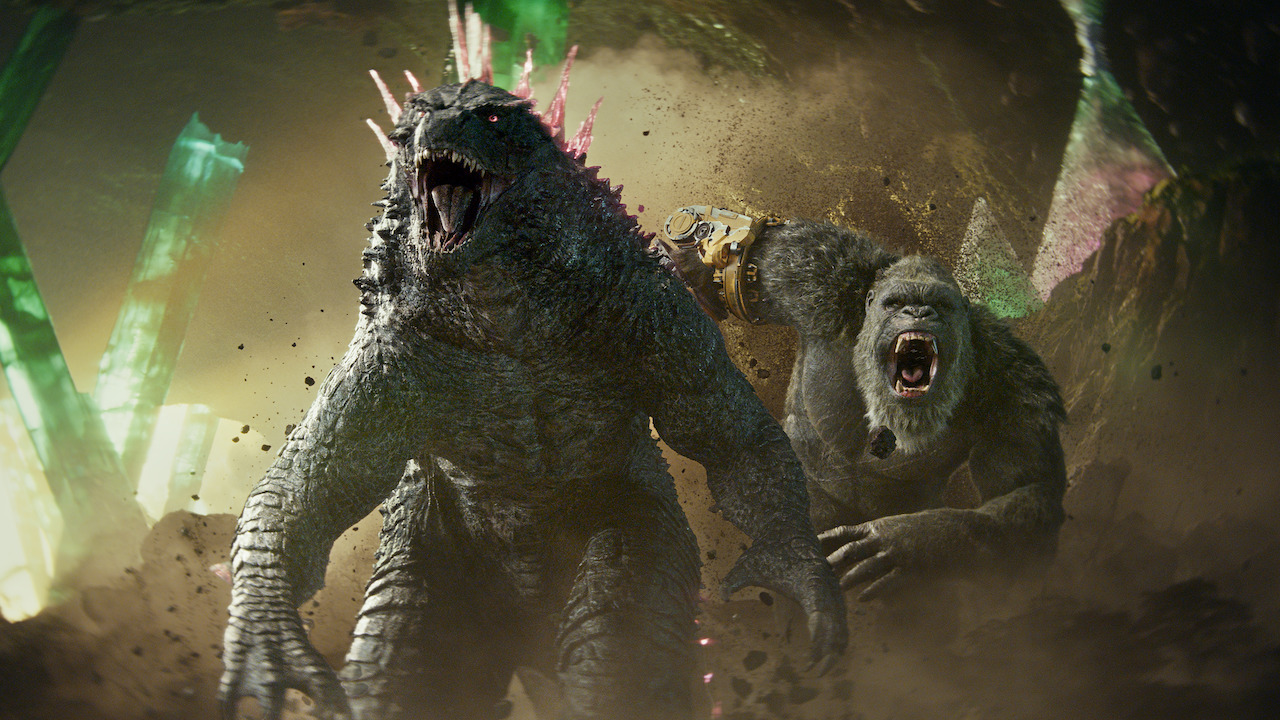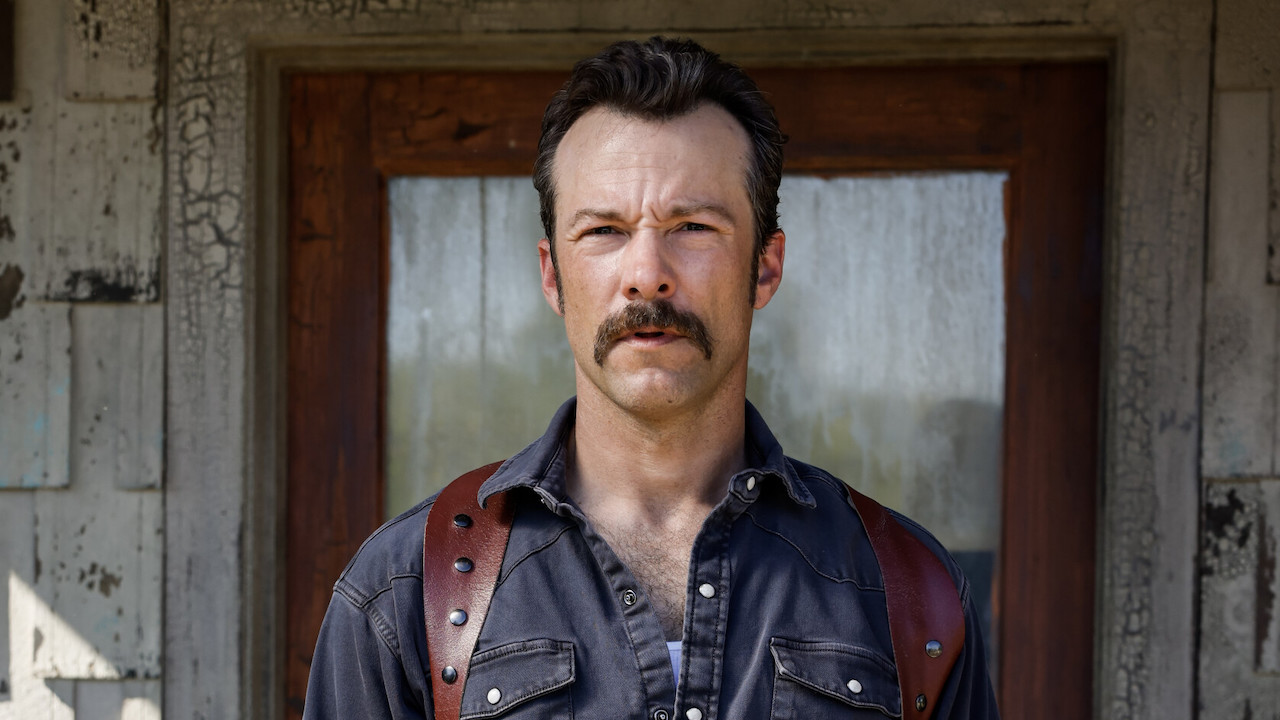How Mad Men Season 6 Was Secretly About Vietnam

On a show as dense as Mad Men, you sometimes don't know what you're looking at until weeks after you've seen it-- though that won't stop the Internet from figuring it out. Parsing the meaning of certain clothing choices, camera angles and character developments is a weekly game any time that Mad Men is on the air, and this season has given us plenty of mysteries to choose from, from the suspiciously chipper Bob Benson to Don's downward spiral to Peggy's ever-evolving wardrobe (she wore pants in the office on Sunday's episode!)
But with the season finally wrapped up, Slate has jumped into the fray and delivered what I think is the most convincing argument so far about what season six was really up to. None of the characters of Mad Men went off to fight in the Vietnam War-- except Joan's utterly un-missed rapist husband, that is-- but all of them were experiencing it at home… and much more significantly than we might have realized while we were watching it. There's a reason that there were a ton of war metaphors used to describe getting the Chevy account, why Ken Cosgrove kept getting injured out there, and even why they chose Chevy as the client instead of another car company. The Chevy account was Mad Men's version of Vietnam. And only when Pete Campbell knocked over the big GM logo in the lobby in the season finale was the metaphor truly complete.
Of course, it's not all about a tidy "Chevy is Vietnam" metaphor-- that would have been a little too obvious, and probably would have seemed a little ridiculous once the audience got wise. I'm not totally sure I buy the idea that Stan wanting knives thrown at him "like St. Sebastian" is a reference to Muhammad Ali's avoiding the draft, or that the hippie girl who shows up in that same episode is meant to stand in to the prostitutes who flocked around soldiers in Vietnam. But anyone watching this season could tell the show had suffered into a noticeable gloom, with sirens blaring in the background of outdoor scenes, Sally Draper witnessing her father doing something that changed her view of him forever, Don and Megan's close relationship falling apart completely, and wonderfully headstrong and confident Peggy getting dragged around by Ted Chaough and Don at the same time ("Well, aren't you lucky, to have decisions!" she spits at Ted when he unilaterally ends their relationship). The optimism of the 60s barely happened on Mad Men-- even the hippie/youth moment was largely represented by the squatter's building that Betty Francis visits, or poor deluded Paul Kinsey joining the Hare Krishnas. Now that Nixon is President, those happy days are definitely gone… and Mad Men has found a stirring way to tell that story in their own, confined way.
When Mad Men returns for season 7, if its tradition holds, we'll have jumped forward in time a decent distance, and will almost certainly be in 1969 given that the season finale ended at Thanksgiving 1968. 1969 is the year of Woodstock, the moon landing and Abbey Road, but it's also the year of the Stonewall Riots, Altamont and the Weathermen's Days of Rage. 1968 might have been Vietnam's bloodiest year, but it's not going to get sunnier in America. What metaphor will Mad Men for decline next?
CINEMABLEND NEWSLETTER
Your Daily Blend of Entertainment News
Staff Writer at CinemaBlend

